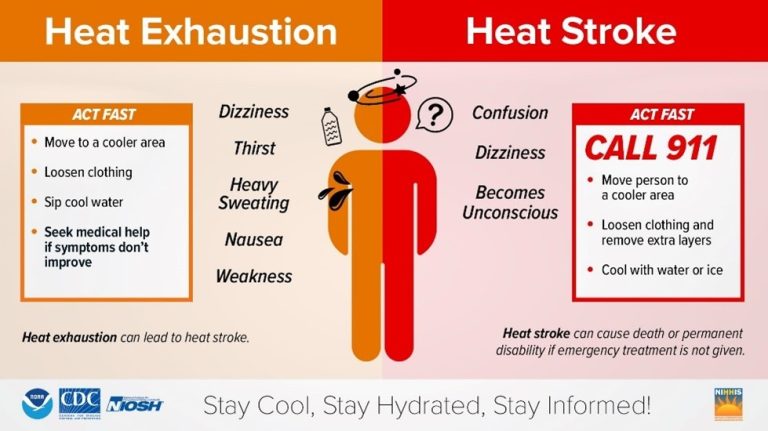Register for Emergency Alerts
Timely information during emergencies is important. AlertHouston delivers critical information to Houston residents regarding current conditions, expected impacts, and protective actions to keep you and loved ones safe. Register for alerts through email, text message or voice call.
Do you or anyone you know need assistance during an emergency event? Register for State of Texas Emergency Assistance Registry (STEAR) if you or a loved one:
• Have limited mobility
• Have a sensory disability
• Require additional medical assistance during an emergency event
• Require transportation assistance
• Require personal care assistance
Download The Everbridge App
Download the “Everbridge” app for iOS or Android. Next, search for “AlertHouston” or “Houston” to connect with the City of Houston’s AlertHouston service. Last, sign in with your existing account or sign up through the app, creating a username and password, as well as subscription preferences.




